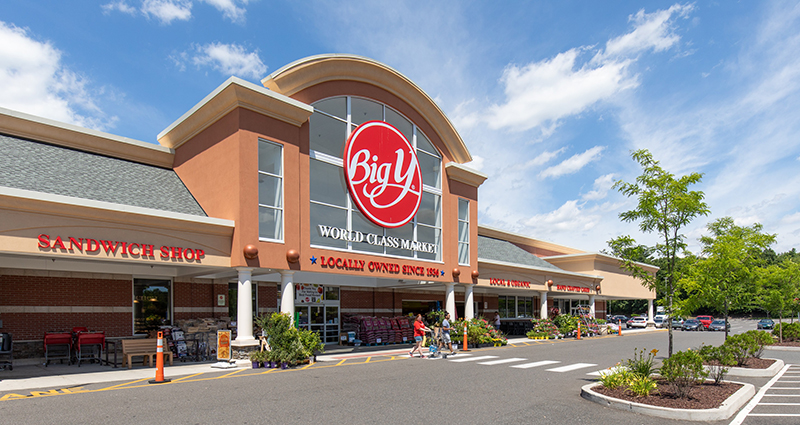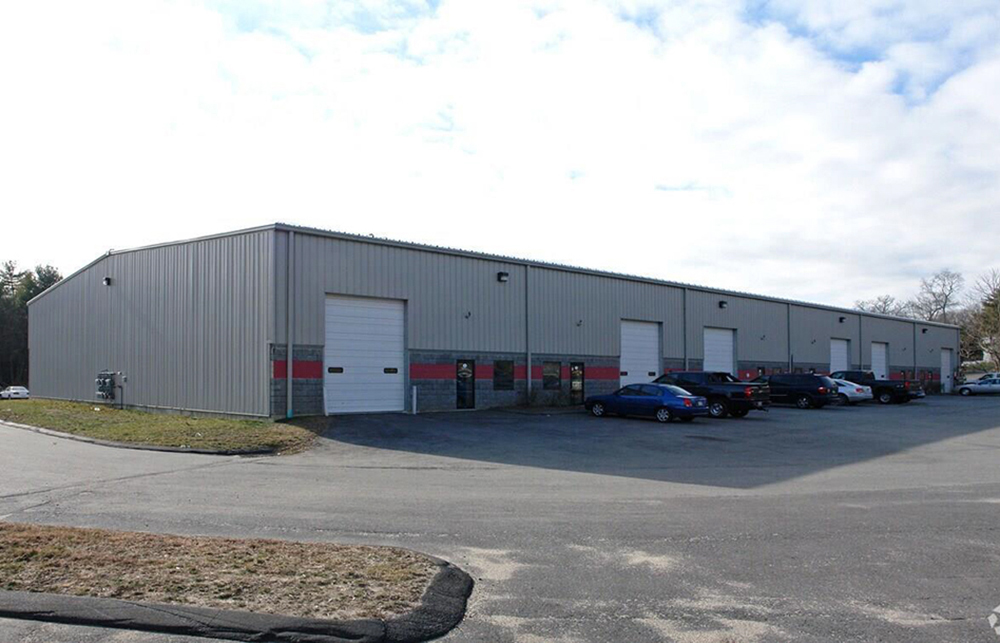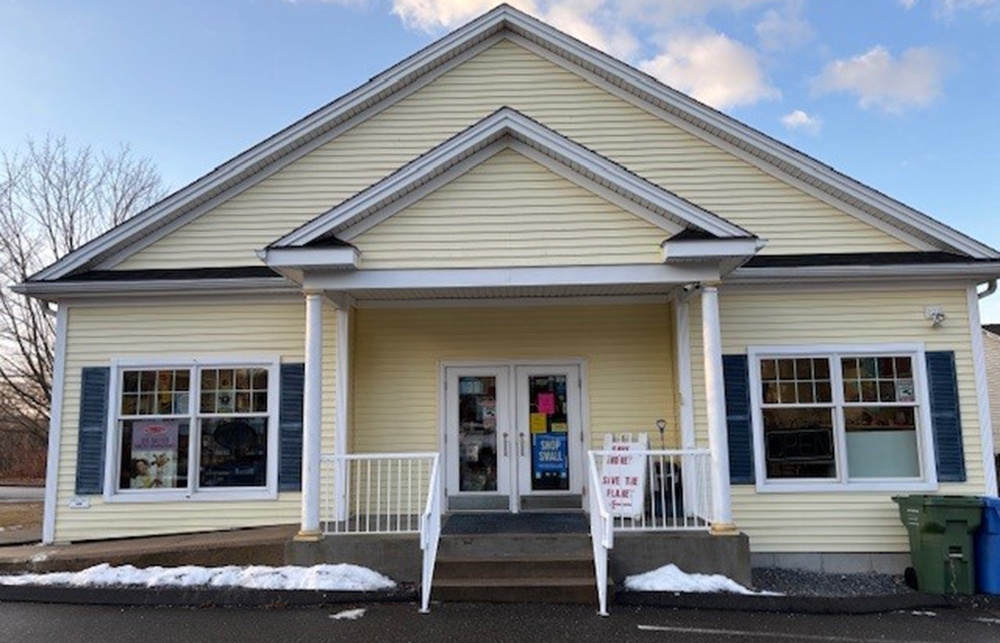Kempner Properties and Lee & Associates acquire 177,207 s/f Hilltop Commons for $33 million in 1031 exchange

Derby, CT Jeffrey Dunne, David Gavin and Travis Langer of CBRE’s National Retail Partners represented DLC and Hutensky Capital Partners in the sale of Hilltop Commons for $33 million. CBRE also procured the buyer, Kempner Properties and Lee & Associates NYC, who purchased the center as part of a 1031 exchange.
Hilltop Commons is a newly redeveloped, grocery-anchored center situated on New Haven Ave. The center is anchored by Big Y, CVS, Dollar Tree, and American Freight, as well as several visible pads along New Haven Ave., including Verizon, AT&T, McDonald’s, Wendy’s and Sherwin Williams. The strength of the property is further highlighted by the strong demographics nearby with a population over 122,000 within five miles of the center and average household incomes over $118,000.
CBRE’s Jeff Dunne said, “The center’s attractive rent roll, high-volume grocery anchor and long-term leases provide highly stable income, making Hilltop Commons a perfect 1031 exchange for the buyer.”
David Gavin of CBRE said, “We continue to see strong demand in Metro NY for properties like Hilltop Commons, which provide predictable cash flow in infill, high demographic markets.”
“Hilltop Commons shows how DLC once again completely redevelops a local community open-air retail center to serve the 21st century consumer and drive returns” said Adam Ifshin, CEO of DLC. “Through a complete redevelopment of two vacant boxes, the center is now grocery-anchored with Big Y as well as CVS, Dollar Tree and American Freight as anchor tenants. We also added a critical complimentary service with regional healthcare provider, GoHealth.”
RapDev leases 17,587 s/f at 501 Boylston St. - lease brokered by JLL


End of the year retail thoughts - by Carol Todreas

Newbury Street: Boston’s timeless retail gem thrives in a modern era - by Joseph Aquino
Boston’s iconic Newbury St. continues to thrive as one of the most vibrant and compelling retail corridors in the United States. Nestled in the heart of the Back Bay, this historic St. has evolved into a powerhouse of high-St. retail, where luxury meets lifestyle and legacy brands coexist with up-and-coming names. With its European charm, diverse architecture, and unmatched foot traffic, Newbury St. remains a dynamic reflection of Boston’s energy, culture, and economic strength.

Placemaking and retail in 2024 - by Carol Todreas
Placemaking. That is the word for 2024. While the concept has historical precedence in urban development, it became part of our current culture in the 1960’s when urbanists started to think about cities for people, not just cars.

Retail / tariffs / uncertainty and (still) opportunity - Carol Todreas
As new tariffs continue to impact the global economy, retail businesses and investors are grappling with heightened uncertainty. From new high tariffs to supply chain issues to evolving consumer behaviors, continual changes are making it as or more challenging than the pandemic years. Yet, amidst this turbulence,









.png)
